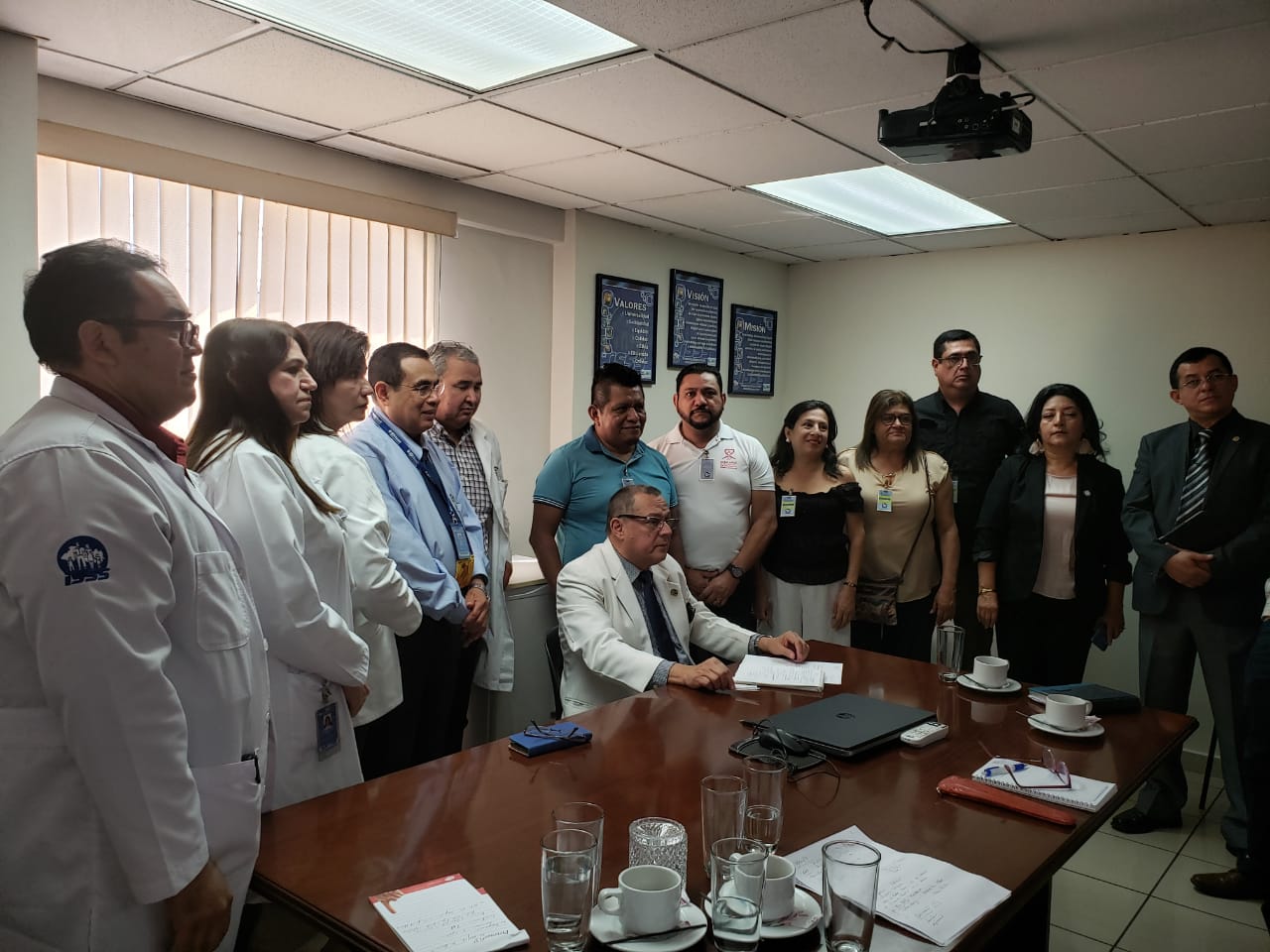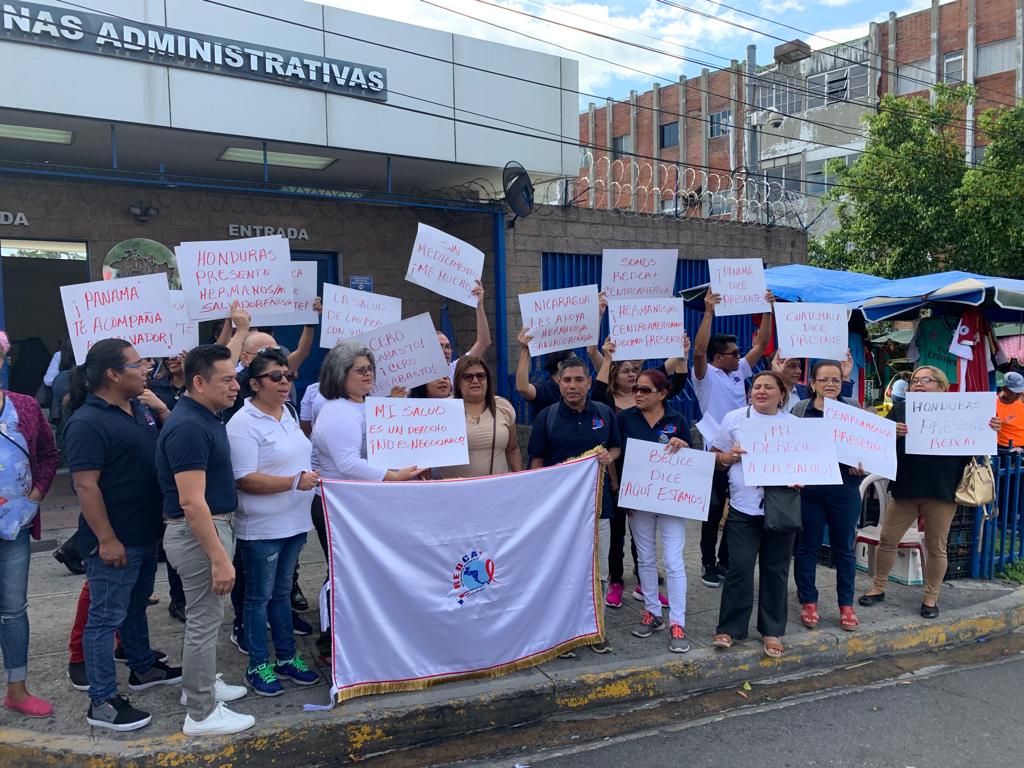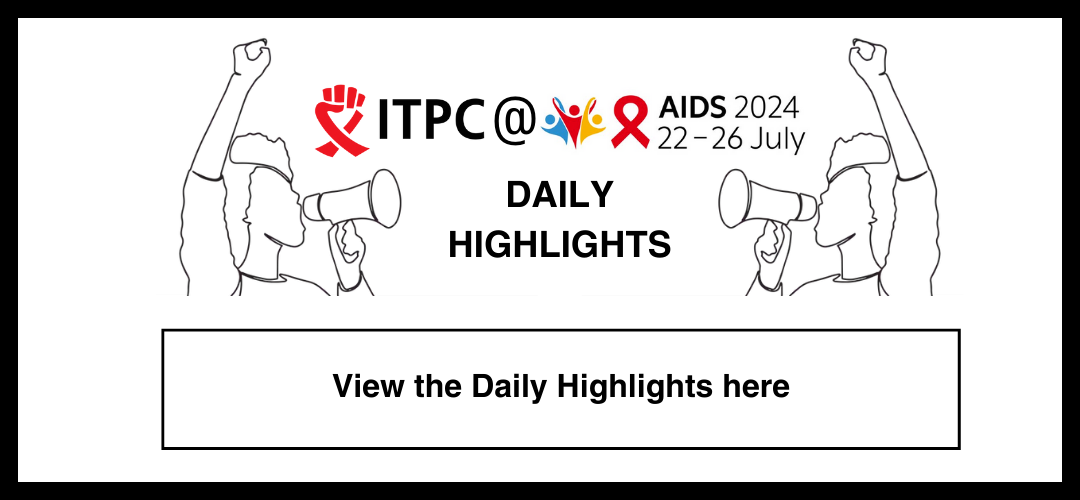SAN SALVADOR, El Salvador. November 13, 2019—For more than a month, people living with HIV in El Salvador’s capital city have been surviving a shortage of the life-saving antiretroviral medication Dolutegravir. Dozens of recipients of HIV treatment are trying desperately to get access to the drug. In response to the crisis, authorities have introduced an alternative treatment regimen using another drug, called Atripla, as a stopgap.
Antiretroviral medications, commonly called ARVs, have transformed HIV from a death sentence to a chronic disease with a normal quality of life. Dolutegravir is an ARV recommended by the World Health Organisation because it has high therapeutic impact, relatively low side effects, with scientific evidence of better results compared to other medications. In El Salvador, authorities’ decision to switch from Dolutegravir to Aptripla has not gone over well.
“People living with HIV are being asked to be adhere to the new regimen but they are very concerned about the potential effects that Atripla can have on their emotional state and physical health. Recipients of HIV healthcare are standing together and calling for a change in policy, because they do not want the treatment scheme to be changed so drastically and at such short notice,” said Alma de León, Regional Director for the International Treatment Preparedness Coalition (ITPC) in Latin America and the Caribbean.

ITPC was among several organisations taking part in a joint protest demonstration to request that Dolutegravir be the preferred drug and be continued in the users who already take it. Representatives of ITPC, Salvadoran civil society organizations, the Office of Human Rights of El Salvador, UNAIDS and Central American activist group REDCA+ joined forces to support the protest and demand a meeting with representatives of the Salvadoran Institute of Social Security, one of the organisations responsible for the regimen change. Officials and doctors from the Institute opened their doors to dialogue and held constructive talks with the organisations represented.
“Before the end of the meeting, we were informed that stocks of Dolutegravir could be replenished in the country as early as next week. Authorities said that they will continue to use Dolutegravir as the preferred medicine in their schemes, and that they will review their stocks in more detail to make better projections and that this does not happen again,” de León said.

